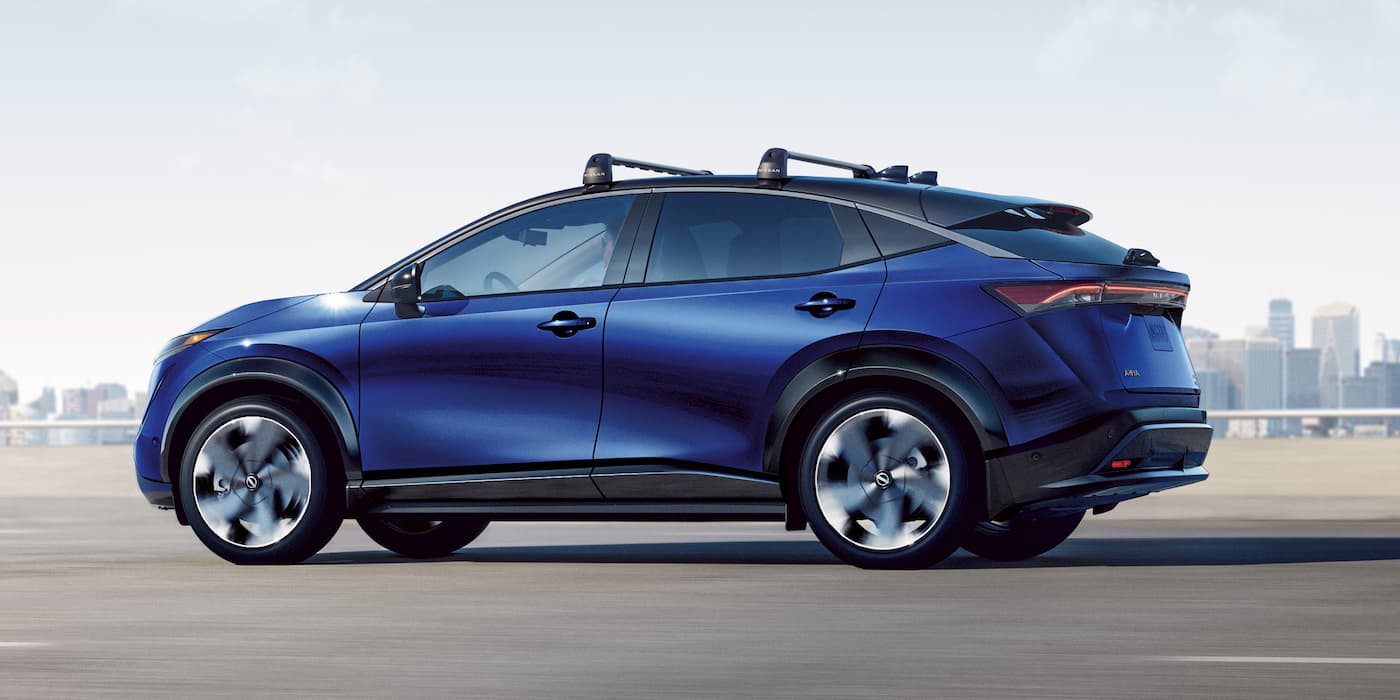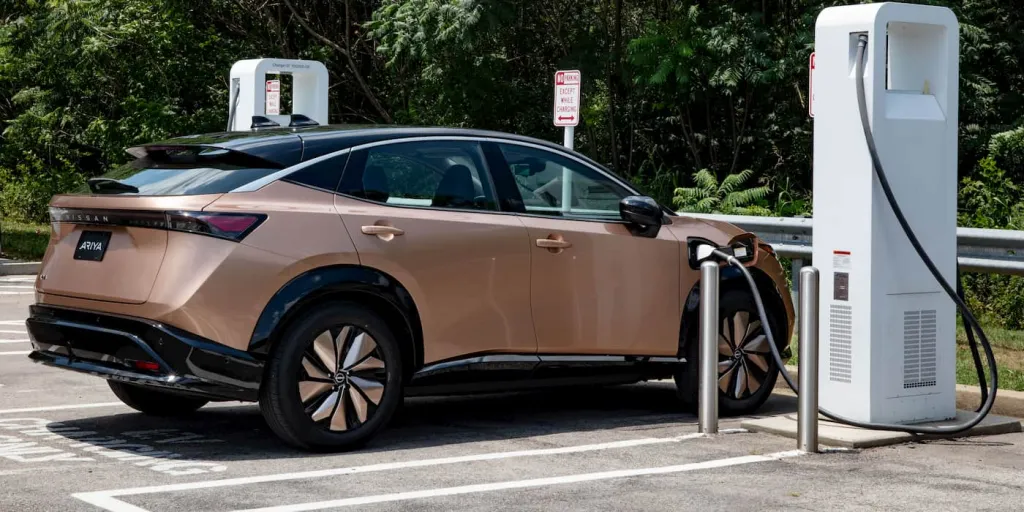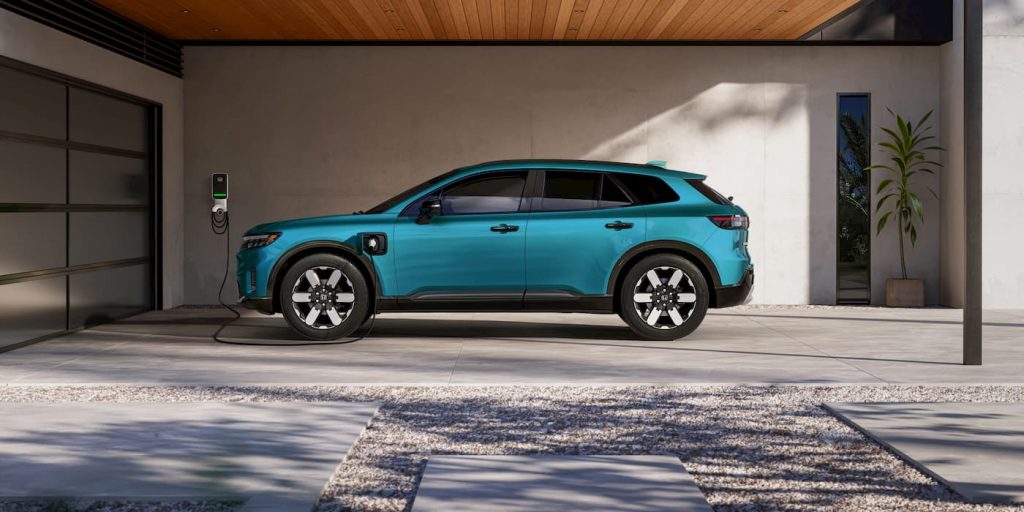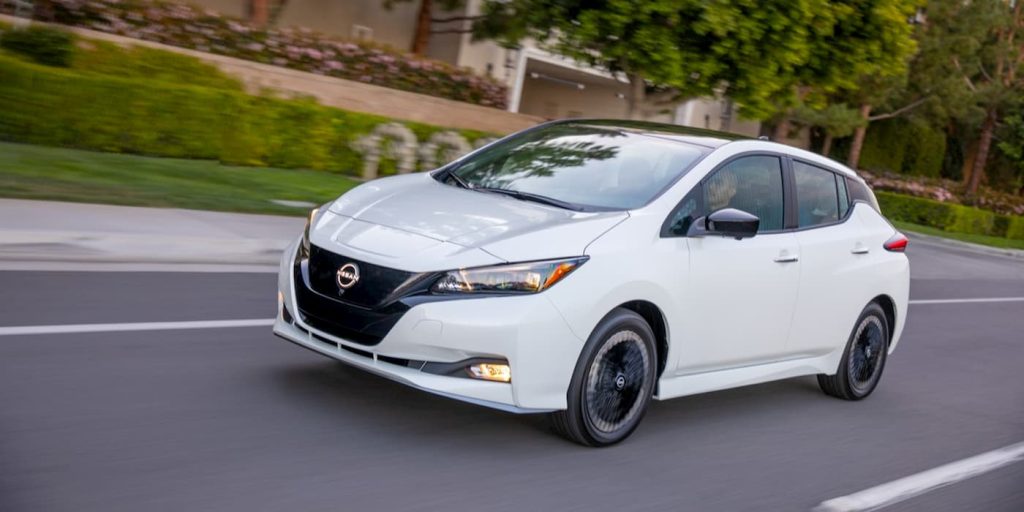Nissan, Honda confirm EV partnership to play catch up with BYD


It’s official. Nissan and Honda are forming a new EV partnership after falling behind leaders like Tesla and China’s BYD. Will working together help turn things around?
Nissan and Honda form EV partnership to keep pace
Yesterday, City Dwellers reported that Nissan and Honda were considering partnering up to introduce more affordable EVs.
Sources at Nissan told Nikkei the automaker was looking to team up with Honda to discuss joint battery and EV development. Nissan and Honda made the partnership official Friday, signing a memorandum of understanding (MOU) to advance EV and software development.
The Japanese automakers will explore new software platforms, EV components, and other related tech.
Nissan’s CEO, Makoto Uchida, said it’s “important to prepare for the increasing pace of transformation in mobility in the mid-to-long term.” Uchida explained that the partnership with Honda is “significant” given that the two “face common challenges.”
Toshihiro Mibe, Honda’s CEO, said the company will see if combining tech and knowledge “will enable us to become industry leaders by creating new value.”

With Nissan looking to move to a common EV powertrain, the automakers could partner up on purchasing. They may also collaborate on a new shared EV platform.
The new partnership comes as both automakers (and the Japanese auto industry) quickly fell behind EV leaders like Tesla and BYD. According to sources, the aim is to bring down EV prices to compete with low-cost leaders from China.

After dominating its home market, BYD is expanding overseas. Earlier this year, BYD declared a “liberation battle” against gas-powered cars, slashing EV prices under $10,000 (69,800 yuan).
According to the automaker, the low prices are “directly destroying the moat of joint venture vehicles.”

That includes Nissan and Honda. A separate Nikkei report claimed they were drastically cutting production in China after struggling to keep up. The move comes as Japanese automakers are losing market share in the region, which accounts for 10% to 20% of their net profit.
Electrke’s Take
After losing market share in key regions to EV leaders like Tesla and BYD, Japanese automakers are feeling the pressure.
After launching EVs in Japan just last year, BYD already accounted for 20% of the nation’s electric car imports in January. With EV sales surging, China topped Japan to become the leading auto export nation for the first time last year.
It will be interesting to see what Nissan and Honda can come up with. After trailblazing the EV market with the release of the LEAF in 2010, Nissan has fallen behind. It took over a decade for its second mass-market EV, the Ariya, to begin rolling out.
After a rough start, Ariya production is finally on track. Nissan is now preparing to launch its next-gen EVs, including a LEAF successor and electric Juke and Qashqai (Rogue Sport in the US) replacements.
Meanwhile, Honda’s first electric SUV, the Prologue, is arriving at US dealerships this month. Based on GM’s Ultium platform, the Prologue offers up to 296 miles range.
Nissan is also reportedly in talks with Fisker about investing in the struggling EV startup. The partnership could include an electric pickup.
After partnering with Honda, will Nissan also invest in Fisker? Fisker has already expressed “substantial doubt” that it can continue operations. To make matters worse, the WSJ reported Fisker had hired a consulting firm for a potential bankruptcy filing.
Fisker responded by saying it does not comment on market rumors, but the company “often works with outside advisors to help manage its business.” The EV startup reiterated it was looking to form “a strategic partnership with a large automaker.”
Could it still be Nissan? Let us know what you think in the comments below. We will likely find out soon, so check back for more info.
FTC: We use income earning auto affiliate links. More.